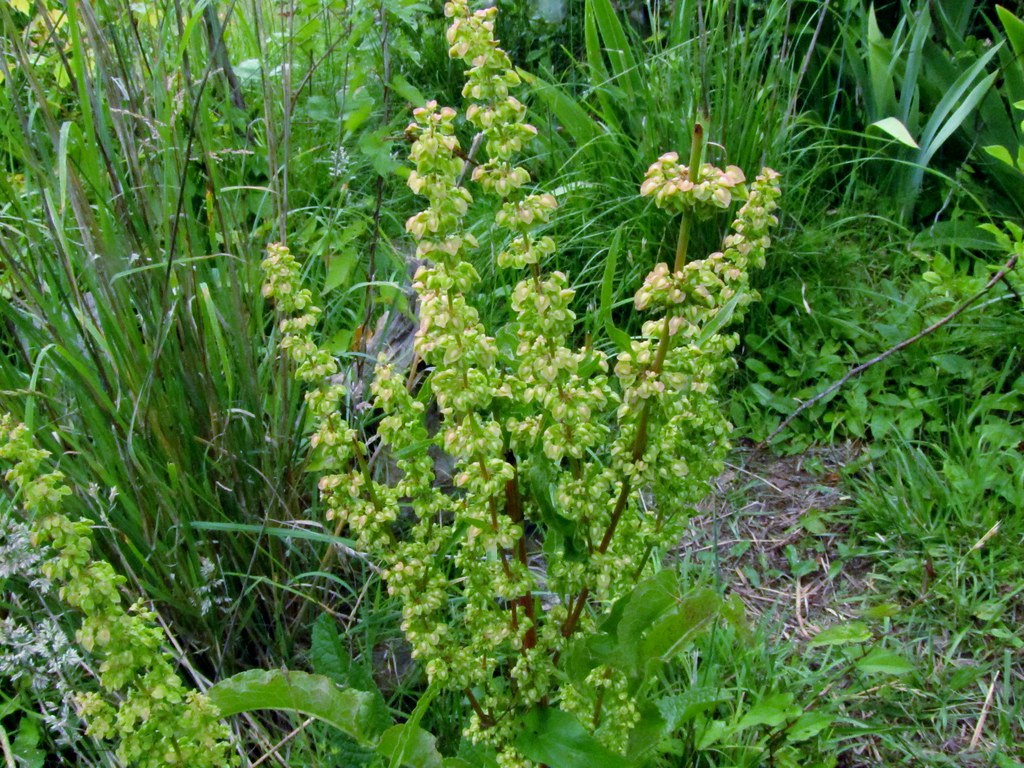Astragalus (Astragalus membranaceus) is a widely respected herb in traditional herbal medicine systems, particularly in Traditional Chinese Medicine (TCM) and Traditional Mongolian Medicine. This Materia Medica provides a comprehensive overview of Astragalus from the perspective of a professional herbalist, encompassing its properties, uses, dosages, preparations, contraindications, and potential side effects.
Botanical Description:
Astragalus (Astragalus Membranaceus) is a plant of the perennial herb native to Northern China and Mongolia.
It is a family member of Leguminosae (Fabaceae).
Will get to 1-3 1/2 feet tall, with pinnate leaves and cymes of whitish-yellow flowers.
The rhizome, the main medicinal part, is usually collected from 4-7 year old plants.
Therapeutic Properties:
Astragalus possesses a diverse range of therapeutic properties, making it a valuable herb in herbal medicine:
Adaptogen: Astragalus supports our ability to respond to stress and fortifies our resilience.
Immune Enhancer: It enhances immune function, preventing and treating infections.
Anti-Inflammatory: Astragalus has potent anti-inflammatory effects, which can relieve numerous inflammatory disorders.
Cardioprotective: It helps heart health by lowering blood pressure and cholesterol.
Antioxidant: Astragalus is packed with antioxidants, which help safeguard cells against oxidative stress.
Tonifying: In TCM it’s a strong Qi (energy) tonic, nourishing the vitality and general welfare.
Diuretic: Astragalus supports the kidneys and assists in excess fluid elimination.
Wound Healing: It aids in the process of healing cuts and rebuilding new tissue.
Hepatoprotective: Astragalus aids in liver detox and support.
Antiviral: It may have antiviral activity against some viruses.
Anticancer: Some evidence suggests possible anticancer effects, particularly when used with other herbs.
Traditional Uses:
Astragalus has a long history of use in traditional medicine systems, including:
Immune Support: Astragalus is often used for preventing and treating colds, flu, and other infections.
Fatigue and Weakness: It palliates fatigue and debility of chronic illness and strengthens the vital power.
Allergies: It can help control allergies and respiratory problems.
Digestive Health: Astragalus can enhance digestion and relieve dyspeptic symptoms.
Blood Sugar Management: It could help to control blood sugar levels.
Cardiovascular Health: Astragalus helps to support the cardiovascular system by lowering blood pressure and increasing blood flow.
Recovery from Chronic Illness: It helps patients rehabilitate from acute diseases and operations.
Longevity: In TCM, Astragalus is considered a longevity herb and is used to cultivate something called “vital qi”.
Dosage and Preparations:
Dried Root: 3-6g decoct per day.
Tincture: 3-5 ml (1:5, 40 % EtOH) tid.
Powdered Extract: Follow the manufacturer’s recommendations.
Capsules or Tablets: Follow the manufacturer’s recommendations.
Astragalus is frequently combined with other herbs to synergize its actions.
Contraindications and Safety:
Astragalus is safe to use, when used as directed.
Do not use in acute febrile infections.
If pregnant, nursing, or taking medication consult a healthcare professional.
Side Effects:
Astragalus is usually well tolerated, although some people may experience minor GI upset.
Side effects are unlikely, but in exceptional cases allergic reactions can occur.
Therefore, Astragalus holds a distinctive place of high honor in the pantheon of traditional herbal medicines. It has countless health benefits and a safe record spanning more than a millennium. But, as always, work with a professional—such as an herbalist or your healthcare provider—before taking astragalus or any other herb (especially if you’re pregnant, have serious medical conditions, or take medication). Always consult with a qualified herbalist or healthcare practitioner for personalized guidance on using Astragalus for specific health concerns. This Materia Medica serves as a general reference and should not replace professional advice.





